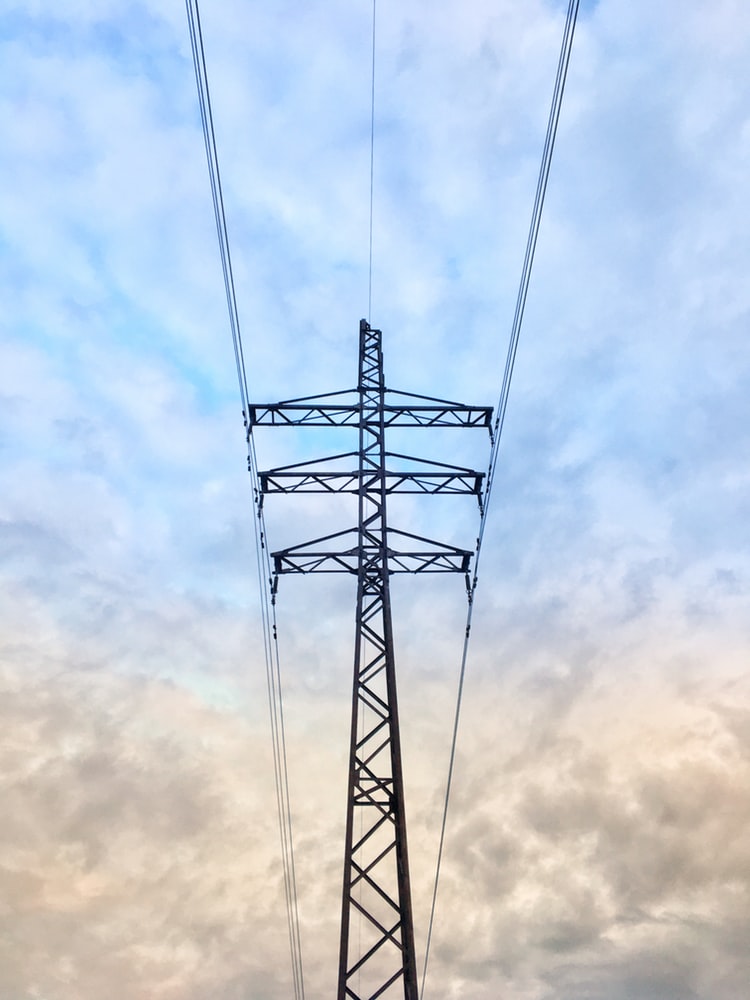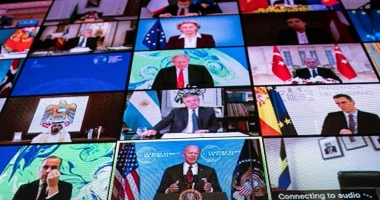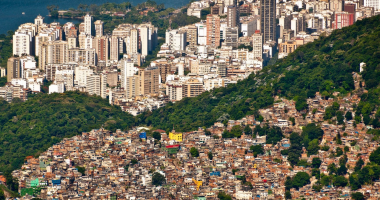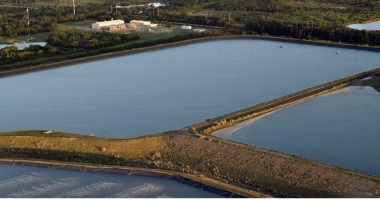Climate, Health and Equity Brief
Power Outages, Pollution and Respiratory Illness
October 10, 2019
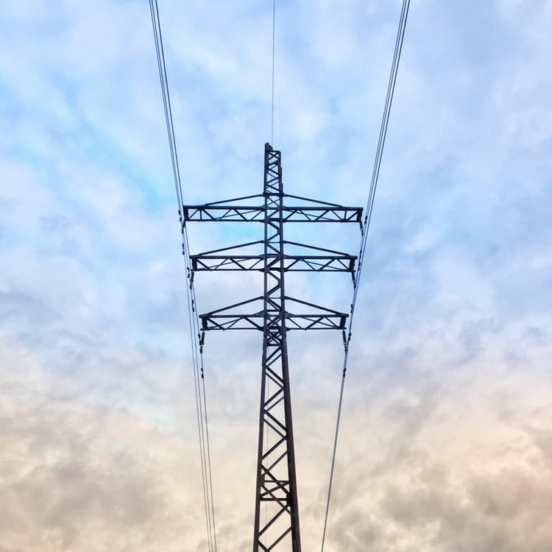
Hot Topic: Extreme measures. California’s wildfire crisis entered unprecedented territory yesterday as utility company PG&E cut power to nearly 800,000 homes and businesses. The company says the move was necessary to protect against power lines sparking another catastrophic inferno like last year’s Camp Fire, which killed 85 people and destroyed 14,000 homes.
Incredibly, the outage is expected to last up to a week in some places, placing an enormous strain on people living and working in impacted areas. And the hot, windy weather that forced the drastic move is predicted to intensify in the years to come as a result of the climate crisis.
There is no question that getting a handle on the deadly wildfires sparked by human activity is necessary. Emissions from California’s 2018 fires far eclipsed the gains the state made in reducing emissions the previous year, and exposure to toxic pollutants from fires raging in the Amazon has driven a 36% spike in respiratory hospitalizations among children in Brazil.
Without meaningful change to stave off the domino effects of a warming planet, health impacts, blackouts, and other extreme adaptation measures could very well become our new normal.
—Matt & Traci, GMMB
Health
PG&E has cut power to 800,000 customers in California to minimize the risk of wildfires from power lines. (The San Francisco Chronicle)
According to the latest California Green Innovation Index, California’s 2018 wildfires more than wiped out all progress toward climate goals the state made in 2016 and 2017. (The Los Angeles Times)
Thousands of California residents reliant upon oxygen tanks and other medical-related equipment will be at particularly high risk during PG&E’s power shut-off. (Chico Enterprise-Record)
Toxic pollutants from the Amazon wildfires are creating health concerns for Brazilian children, ranging from respiratory problems to increased cancer risk. (CNN)
Mosquito-borne diseases like West Nile, EEE, and flesh-eating bacteria are increasing in the U.S. as climate change brings earlier springs, later falls and hotter temperatures that help the insects to flourish. (USA Today)
Equity
Extreme, weather-related climate migration is limiting education opportunities for young girls, as many are forced to leave school to take care of their siblings or work to support their families. (EcoWatch)
The UN Food and Agriculture Organization has pledged to work directly with Pacific Island nations and small island developing states to improve agriculture and nutrition in the face of extreme weather events that have increased their reliance on processed, imported foods. (UN News)
Pacific Northwest tribes in the Puget Sound region are facing threats to their livelihood as rising oceans erode their land and warming waters harm the clam population that sustains their food supply and income. (NPR)
Politics & Economy
A new study has found that 84 percent of Mexico’s most important fisheries are at risk as climate change reduces populations of red snapper, mahi-mahi, pacific sardine, jumbo squid, abalone and snook. (Environmental Defense Fund)
A new poll shows that a majority of registered voters support aggressive climate policies, including the creation of national recycling programs and large spending packages to transition to renewable energy sources. (The Atlantic)
Action
New York protesters participated in the “International Rebellion” on Monday, staging a funeral procession for the earth in the middle of Wall Street and promoting climate change education. (Grist)
The Indonesian government is being sued by 32 environmental activists and citizens in an effort to force climate action and policies, following a new study predicting a 2.3-year decrease in average lifespan among Jakarta residents due to air pollution. (The Telegraph)
The Coca Cola Company has partnered with Ionique Technologies, Indorama Ventures, and Mares Circulares to make new food-grade plastic bottles that are made of 25% recycled marine plastic. (Food and Wine)
Kicker
How will climate change impact your state? Explore the impacts with this interactive map
“Twenty-five years ago people could be excused for not knowing much, or doing much, about climate change. Today we have no excuse.”
—Desmond Tutu
Have feedback on this issue? Email us

)

